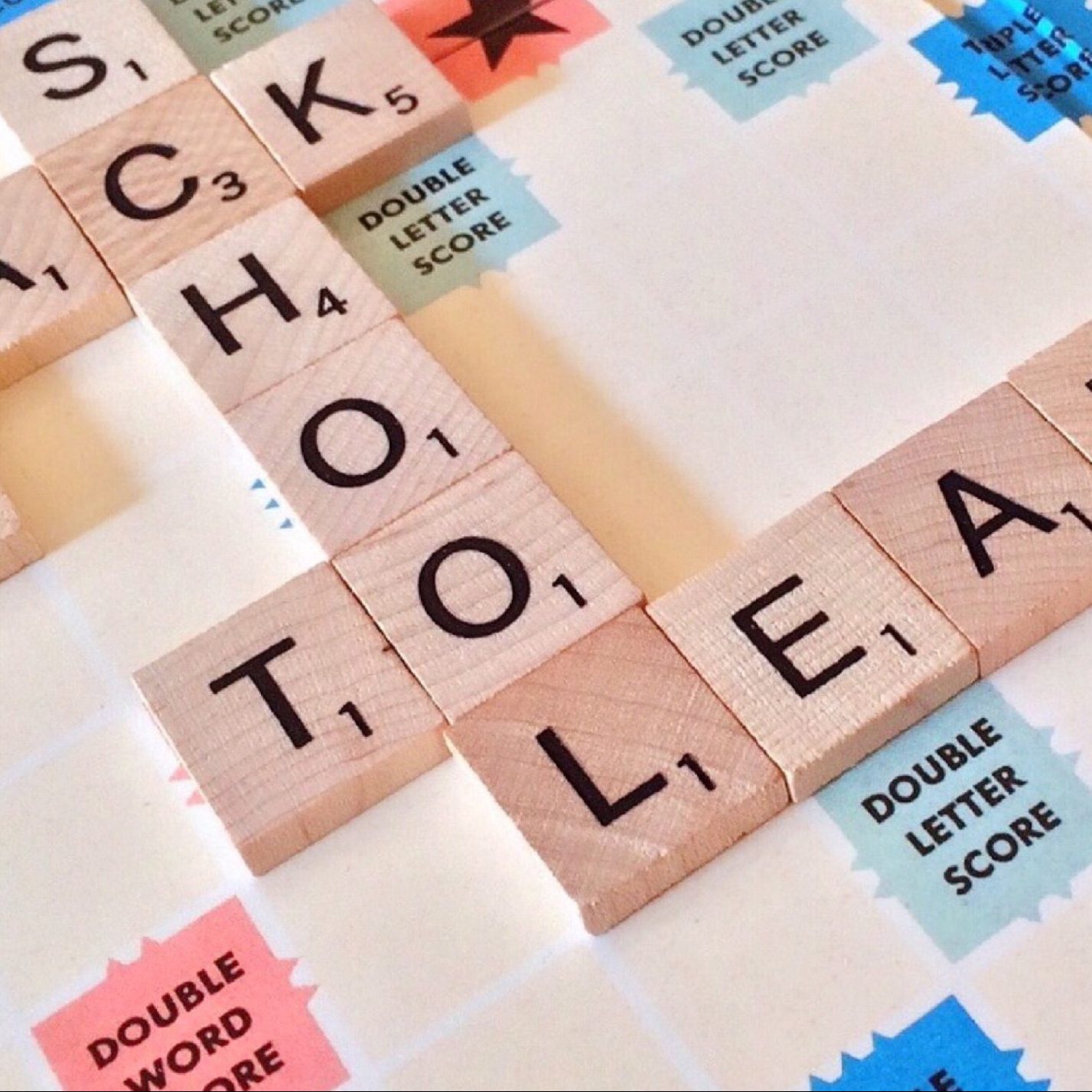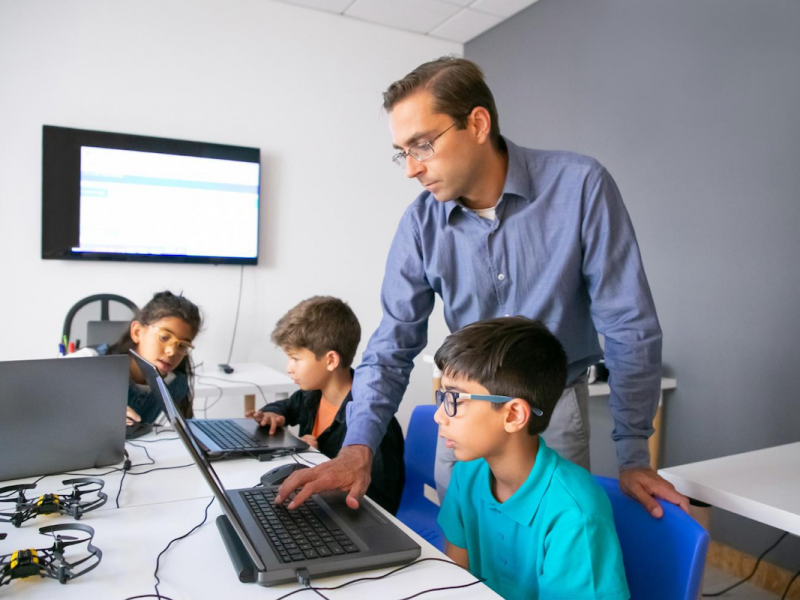With a focus on building competence, stimulate critical thinking, and problem-solving abilities, the new learning methodology is designed to provide holistic education, writes Ashish Chaturvedi, Founder – SchoolDiary
For decades, the Indian School Education system has been driven through fragmented regional board directives and was majorly focused on textbook learning, in a classic ‘chalk and talk’ classroom formats. However, over the past few years, this has been steadily changing. Digitisation and access to viable broadband connectivity, coupled with supportive government policies, have been key drivers of this change. Further, the introduction of international board (IG) schools, and access to smart technology, and digital learning tools, are also helping Indian classrooms to adopt integrated, experience-oriented teaching techniques.
Apart from the above, the key trends in school education that have been instrumental in the development of a holistic learning methodology can be summarised as follows:
Tech-Enabled Applied Learning: Over the past decade, technology advancements in the form of learning aids, tools and assisted learning programmes have steadily become a part of the regular school processes. Through initiatives like STEM (Science, Technology, Engineering, and Math) based curriculums that are integrated with regular board syllabus, students are encouraged to think, innovate and work independently to create solutions for real world problems. Other methods that use AI and ML, supported by digital learning aids, are introduced to promote analytical thinking, creative problem solving, and build overall competence and practical skills that are vital in the real world.
Collaborative, student-led Classrooms: Another shift from discourse to dialogue is driven through the evolution of student led, collaborative classrooms. These encourage group discussions, and brainstorming sessions among smaller groups of students, motivating them to share their opinions and ask questions, instead of just passive intake of information. This method also helps build strong interpersonal and social skills as students work in groups and need to communicate, collaborate, and work together to achieve common goals.
Connected guardians and schools: Over the last few decades, the Indian social fabric has undergone a massive transformation, with more number of nuclear families, increased emphasis on education for both, girl, and boy child, focus on development of additional skills, and the new norms of equal parenting or shared responsibility of raising children. As a result, while the demands on a child’s academic success have increased, so has the need for parents to stay connected and involved with the child’s development. As a result, in addition to the above-mentioned factors, more and more parents/ guardians are seeking active engagement with schools, as valuable contributors to the child’s success. From the traditional PTA meetings and ‘open house’ declaration of annual report cards, the parent-school relationship has now evolved to daily and weekly app-based updates, monthly meetings, participation in projects and events, and also feedback sessions and one-on-one discussions.
Continuous learning for teachers: While all of the above are increasingly student centric, the new norms of education levy considerable focus on the educators as well. It is no longer sufficient to just hold a master’s degree in education or a PhD in a particular subject, to be counted as an efficient teacher. Modern educators are waking up to the need of constantly remaining relevant and upgrading their own knowledge and teaching skills, in tandem with the new norms of technology assisted learning. Be in specialised training in STEM and Robotics to curate customised curriculum or designing innovative classroom activities, methodical learning programmes and even integrated teaching techniques, schools today are focussed on ensuring their teachers are well equipped and updated, at all times.
The above-mentioned factors are some of the key drivers in transforming school education in India. And the recently announced National Education Policy 2020 (NEP) further promotes this new understanding-based learning methodology. As one of the most strategic educational reform policy introduced in the past 34 years, this is a testament of supportive government initiatives that will be instrumental in making the progressive learning formats more accessible even to the remotest schools in India.
With a focus on building competence, stimulate critical thinking, and problem-solving abilities, the new learning methodology is designed to provide holistic education that can build a generation that is not only knowledgeable but also intelligent and creative.
(The author is founder of School Diary . This article was first published in Education Times on Aug 27,2020)


